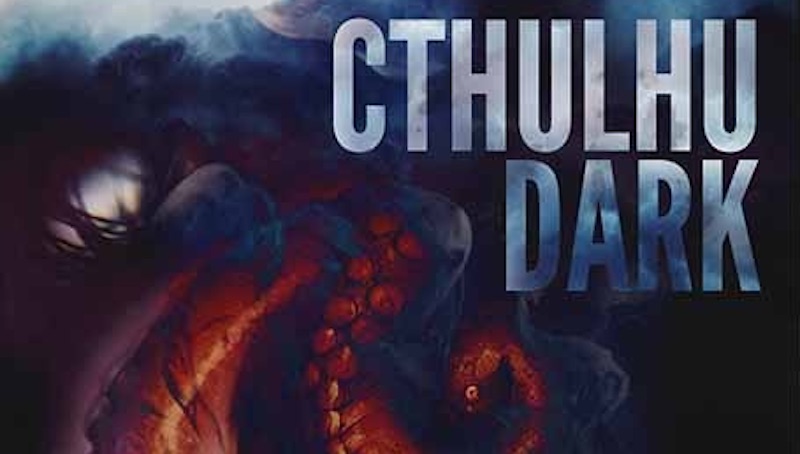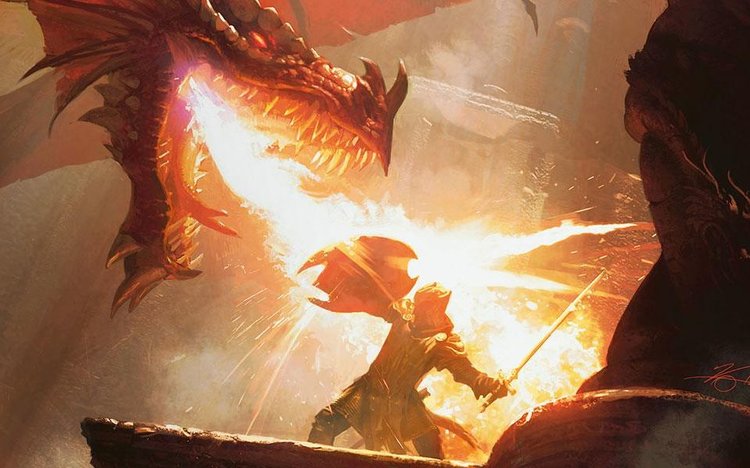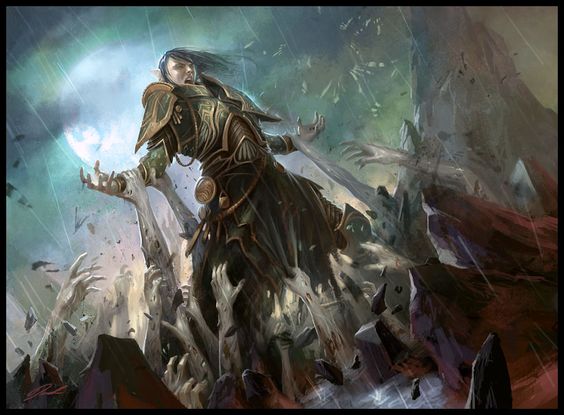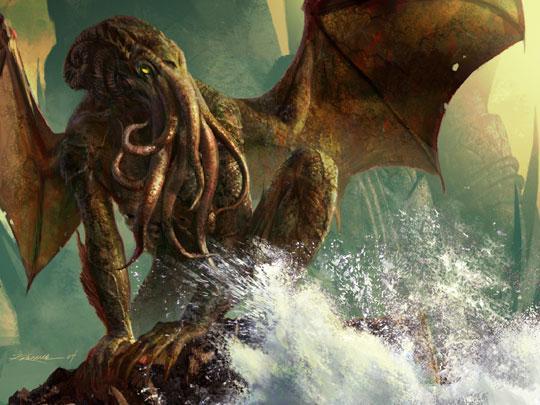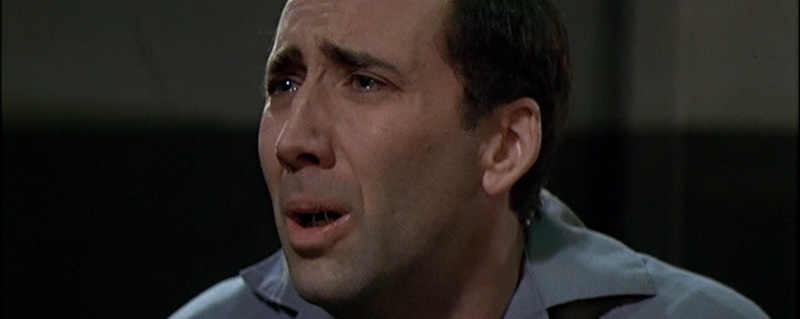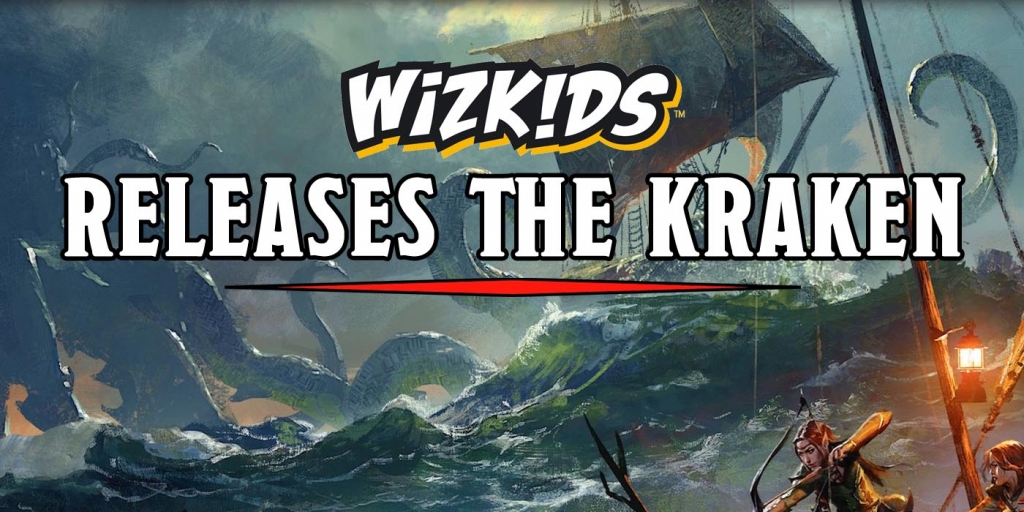RPG: Add Some Horror To Your Games
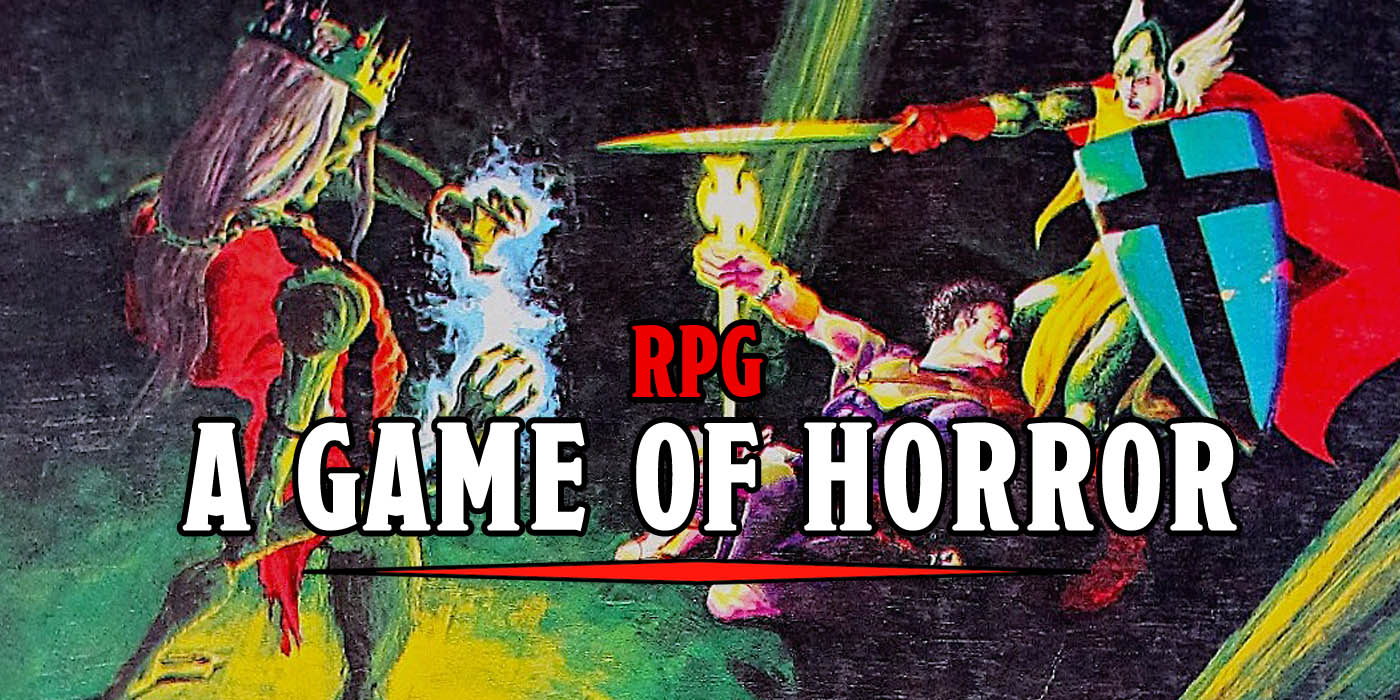
Adding Horror into RPG gaming takes some real skill. Here are some tips to bring your party into the darkness.
Horror in games is hard to do. Whatever the flavor you prefer, if you want horror, you’ve got an uphill climb ahead of you–not to denigrate anyone. But horror relies on a point of powerlessness. This is true whether you’re trying to go for a slasher film-esque vibe where there’s someone or something out there that’s waiting to kill you–or a more psychological type where you’re not sure what’s real and isn’t–and everyone’s favorite chocolate-and-peanut-buttering of the two, Cosmic Horror is tricky.
We’ve talked about Cthulhu Dark, which aims at taking the Lovecraftian mythos and unearthing the horror aspects of the stories. Not just the creatures or the magic–but that feeling of a bleak, grey world that’s only getting darker as the night draws close and the stars are right. What impressed me most about this game was its emphasis on narrative and failure, which I think make it stand out from the half-dozen Cthulhu-but-in-a-different-setting games out there. This game looks like it wants to explore horror.
Now mind you, Call of Cthulhu is a great game. And its sanity rules and the harshness of its system make for some interesting challenges. But it’s still a game that’s meant to be “won.” There’s a path that goes, ‘you start off at low levels, gain experience, lose sanity, and then eventually detonate an embarrassing amount of TNT/Dynamite/C4/whatever explosive is appropriate for your setting and go out in a blaze of glory. A final, explosive middle finger raised at the cosmic entity that dared try and take a bite out of your city.
It’s a ton of fun–and sure, there are games that DON’T end with reasonable excessive amounts of explosions. You might stop a cultist’s rituals or fight off the horrors of an elder god and escape, sanity and health intact. Those games are also a ton of fun–the games where just surviving is a victory, those ones are much more what I’d consider horror. Horror, after all, is all about disempowerment. It’s not about the monsters or the mythos, but about being able to feel fear in a safe place (safe here meaning you’re not actually being confronted by something that’s threatening you, like a zombie dog or a migo). Otherwise, you’re just getting dressed up action–which I love, don’t get me wrong, nothing quite as awesome as taking a Tommy gun to a bunch of Byakhee and showing them how we do things downtown…but, again you’re not quite diving into that disempowerment that makes for great horror characters.
Because really, when it comes down to it, horror games shine when the players can experience that fear alongside their characters. When they can relate to the protagonists they’re creating. So the more powerful the character, the bigger and badder the horror stuff has to be in comparison–you want your heroes to feel small. Which is a big part of the reason why it’s hard to pull off horror in an RPG. I mean, a big part of the reasons we play RPGs is to feel powerful. To feel like we’ve got control over a world that is all too often out of our hands.
That’s half the fun of kicking in the door and looting the dungeon or fighting off a dragon–feeling like you’re the hero you want to be, or maybe that you are, on the inside. But with horror, it’s the opposite. We play horror to feel small. At least for a little while. Eventually, we might overcome it, but horror provides the catharsis of experiencing that powerlessness in a safe way. Good horror creeps you out not necessarily because of any monster, but because you relate to the protagonist’s sense of dread. How then, can we cultivate that sense of dread in the context of a gaming session?
At its most abstract, Horror kind of goes one of three ways:
1.) The heroes overcome the horror. They might have a long road to get there, and that victory might cost them dearly, but they win. They save the day. Or at least survive to see the next one. These are movies like Evil Dead or Alien or even Scream. Sure there are a lot of bodies along the way–but in the end, there’s a way out. The sun still rises.
2.) The heroes succumb to the horror. These ones leave us feeling a little bit less good. Again, it’s cathartic to feel that fear/helplessness in an environment where, at the end of the day, you can just walk away. Even if your hero doesn’t. Think Event Horizon or the like, where the heroes have come face to face with this cosmic evil and didn’t make it out. We get an ominous door close at the end.
3.) The ones where the heroes are, in fact, the monster. Usually, they don’t realize it until it is much too late–maybe they’re fighting against it, but they’re the source of the horror in the world. These are stories where the real monster was man–think most of the people in Alien, or District 9.
For the purposes of this article, we’re looking at the second version of horror here, where the heroes eventually fall to whatever the horrific thing is. Pulling this off in a tabletop game seems hard because, well, I mean it’s right there, implicit in the word game. You have a game and if you fail you lose and nobody wants to lose, right? Well, that’s what games like Cthulhu Dark and Bluebeard’s Bride are pondering. These are games where the endgame isn’t nearly as important as what happens along the way.
They remove a lot of the “classic RPG” mechanics, like hit points and armor class and stuff–because arguably with those rules centered on something like combat and getting hit and tracking health–it certainly does tend to feel like when your character is hit or killed they’ve lost. But remove that framework and you begin to set the possibility for a game that can have combat and mystery and intrigue that results in the players failing and getting more and more curious to see what that does to the unfolding narrative.
I think horror works best when there’s a strong emphasis on the narrative of the game–but it’s one that requires the players to be bought into it. We’ve talked before about how to get players to buy into your world, and to try and bring out horror in a tabletop game, I think it needs that mechanical nudge that pushes people out of the traditional, kill monsters get stuff mindset. Once you do that, you can start building tension in the game.
You can start encouraging the players to take more risks and make more terrible decisions with their characters because it’s what their best options are. If the characters are trying to stop a cultist’s rituals, maybe the only way they can do this is by studying an eldritch manuscript that imparts terrible insights into the players, driving them mad the more they use it. Until eventually the players know they’ve got a line that they can’t cross and still keep their characters sane–but the only way to stop the cultists is to try and use the ritual. But then, as they cross that threshold, they discover a dark truth about the world and realize that they no longer need to fight–their characters go completely sane but withdraw from the world, and the cultists succeed at their plan.
Or the players find a monster and try to stop it, but it proves to be too powerful, and the game is not about defeating the monster but trying to survive its predation. These are just mild theories–pulling off horror in games like this takes a great deal of work. It starts with communicating with your players and working to find whatever thematic elements that embody the horror. In Bluebeard’s Bride, it’s psychological drama. In Cthulhu Dark, it’s existential dread. With a little work, you might be able to find the horror that works for you.
What makes a game count as “horror” for you? What systems do you use?

